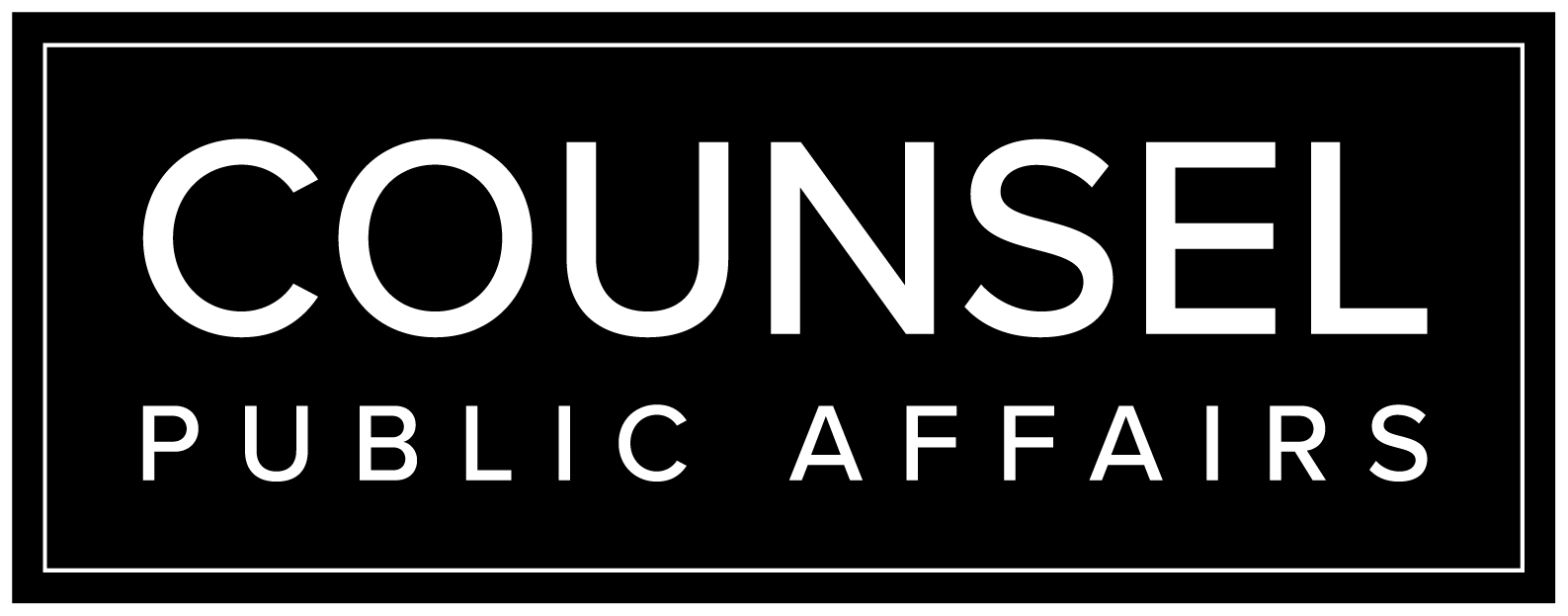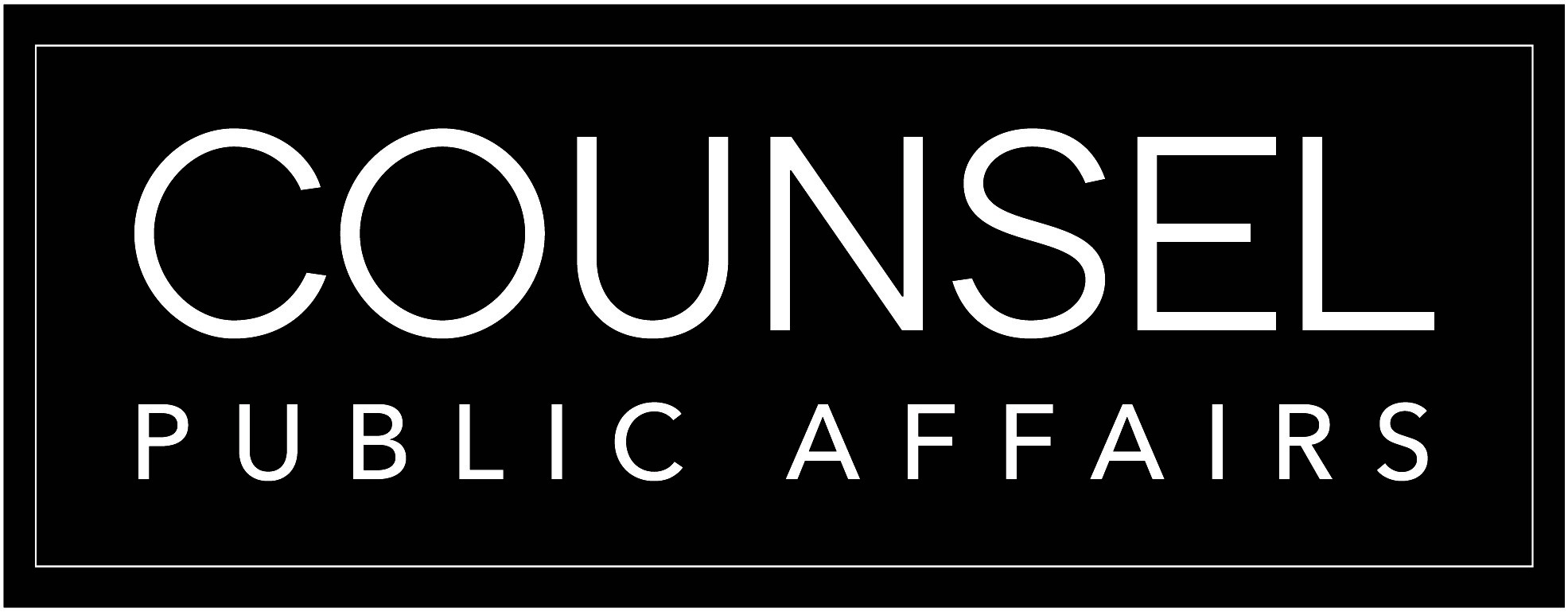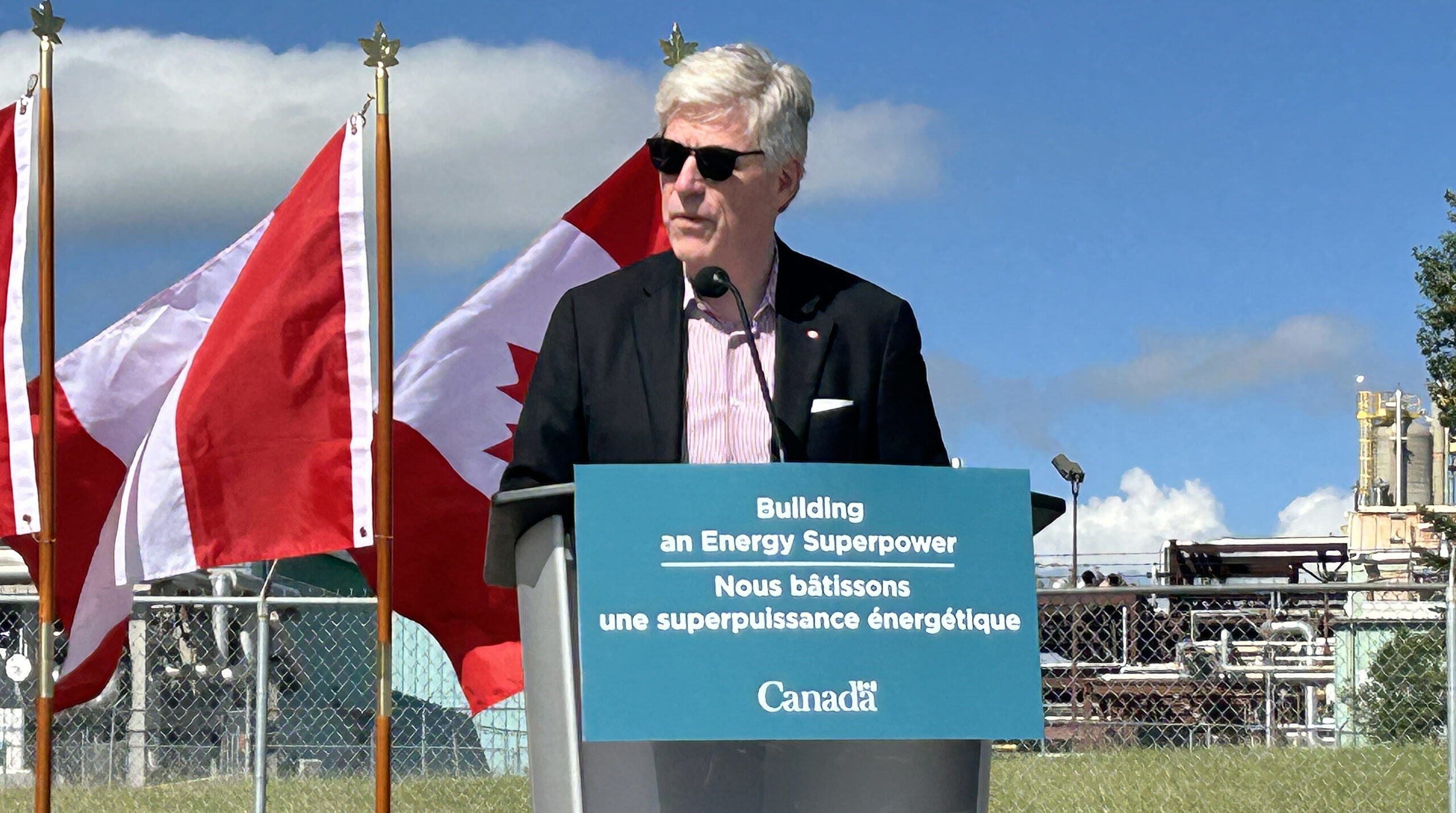Key Links:
Building Canada Act
Major Projects Office
MPO Proponent Intake Form
Backgrounder on Projects of National Interest Announcement
Yesterday, Prime Minister Carney announced that several proposals for Projects of National Interest were being advanced to the Major Projects Office (MPO) for consideration under the new Building Canada Act regime. Included was the expansion of an LNG terminal in British Columbia, a small modular nuclear reactor project in Ontario, an addition to the Port of Montreal and some copper mines in British Columbia and Saskatchewan. The Prime Minister also mentioned several other projects that were under active consideration.
In Canadian business and industrial circles, people are very curious about what proposals will get scheduled as a Project of National Interest (PONI). There is a race to lobby the federal government to get their project listed, but very little understanding about what it all means. Here, I try to lay out what being designated a PONI does and does not do, and how you can get your project considered.
What a Project of National Interest designation can do for you
- An early “Yes” on federal approvals, but with conditions. Once your project is scheduled, the Minister will issue a list of conditions relating to matters of federal jurisdiction that must be satisfied for the project to proceed. In certain circumstances, the Government of Canada may allow for flexibility on certain rules if they are seen as an unreasonable barrier to success.
- A powerful vote of confidence from the Government of Canada. Being scheduled as a PONI signals to investors, offtakers and industrial partners that the Government of Canada wants to see this project built.
- An internal Government of Canada advocate when seeking federal regulatory and bureaucratic barriers to progress. The MPO is being empowered to work with project proponents to advocate for regulatory changes, exemptions and the removal of procedural logjams.
- A concierge service to federal funding programs. The MPO will help project proponents apply for funding programs available across the different departments.
What PONI designation does not do for you
- It does not release you wholesale from having to comply with environmental rules or regulations. While your project may get the stamp of approval early in the development process, it is not unconditional. The Minister will impose various conditions upon the proponent and have the expectation that all relevant laws are followed. While regulatory carveouts could be issued, they are likely to be highly circumscribed.
- It does not release you from having to consult or deal with rights holding Indigenous groups. On the contrary, Indigenous participation in the project will be key to being designated as a PONI. If there is widespread Indigenous opposition to your project, it is going to be very difficult for your project to proceed under this regime.
- It does not obligate the federal government to finance your project. While it may make federal funding agencies more likely to prioritize your application for grants or loans, it is not an explicit promise of the federal government to bankroll your proposal.
- It doesn’t force other levels of government to approve permits for your project. The federal government cannot force a municipality to rezone a piece of land, or a utility to sell you electricity at a certain price. You still must obtain the consent of the Province or Territory you are doing business in and comply with all their rules (more on that later).
What makes a good candidate to be a Project of National Interest?
- It is big. The Government of Canada is looking to prioritize very large, multi billion-dollar projects. They want projects that produce a lot of jobs and investment.
- It opens new markets for Canadian goods and services. This policy was built in reaction to the US attack on Canada’s economy. Projects that open new markets in Europe and Asia will be prioritized.
- It’s a fully formed idea. While early dialogue with the government is good on any project, it’s best to go in with a mostly baked proposal. Having a strong project team, detailed engineering designs (ideally a Class 3 estimate), feasibility studies, market analysis and agreements with impacted Indigenous groups will position you for success.
- The project strengthens Canadian supply chains. Wherever possible, your project should use Canadian sourced materials and labour, and once completed, should enable other Canadian industries to be more productive.
- It has the blessing of the Provincial or Territorial government. This is a must have. You need your Premier to explicitly endorse the project. The federal government is not going to advance your project against the wishes of your provincial or territorial government.
- Strong Indigenous endorsement and participation. While an Indigenous veto is not built into the legislation, it will be very difficult to get anything done without the buy-in of the relevant rights holding Indigenous communities. The federal government wants to see equity partnerships, revenue sharing and co-management of environmental impacts as evidence of good Indigenous participation.
- It positions Canada for the economy of the future. Whether this means producing critical minerals to build batteries, or infrastructure that allows for more trade with Asia, the project must make sense on a multi-decade horizon. Projects that allow Canada to meet its decarbonization goals will take priority over those that increase the GHG intensity of Canada’s economy. Oil and gas projects will not only have to demonstrate a path toward GHG reductions, but a viable market for the product in the coming decades.
- It enhances Canada’s arctic sovereignty and economy. While this won’t apply to every project, the Canadian government has emphasized that building out the arctic is a major priority.
An important consideration to keep in mind is that this is a rolling process. Just because a project was not announced this week does not mean that it isn’t being considered. So long as this legislation stands, the government will be considering new projects to designate.
While the PONI process is coming into sharper focus, there are still many questions about how this will actually work. Will the MPO be able to resolve bureaucratic and regulatory blockages fast enough to actually speed up projects? Anyone who has worked with large institutions knows that this is much easier said than done.
Counsel will continue to monitor developments in this space and update this guide accordingly. If you are interested in discussing your project, please contact Ben Parsons or Sheamus Murphy to arrange a time.


